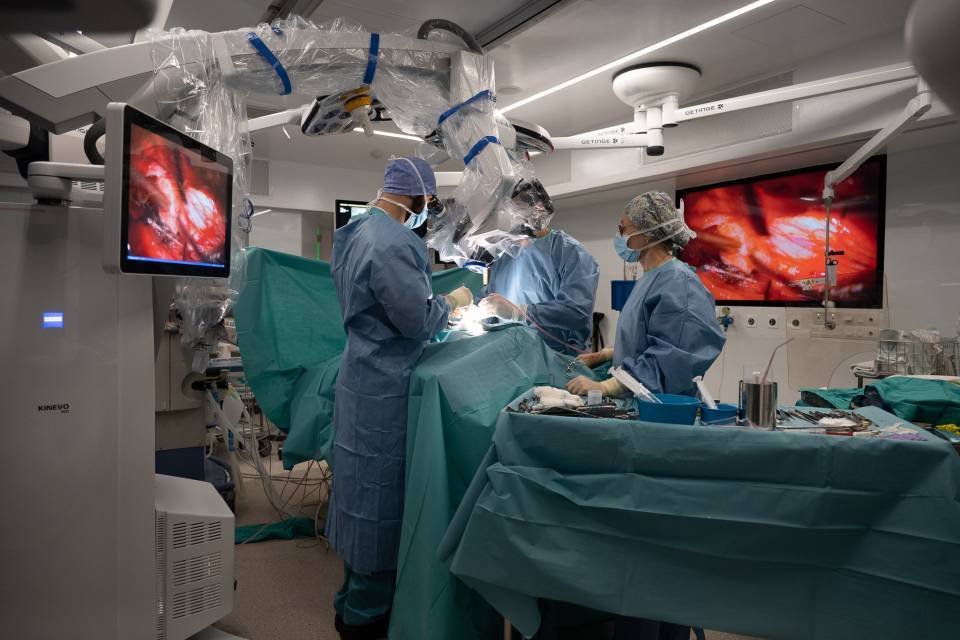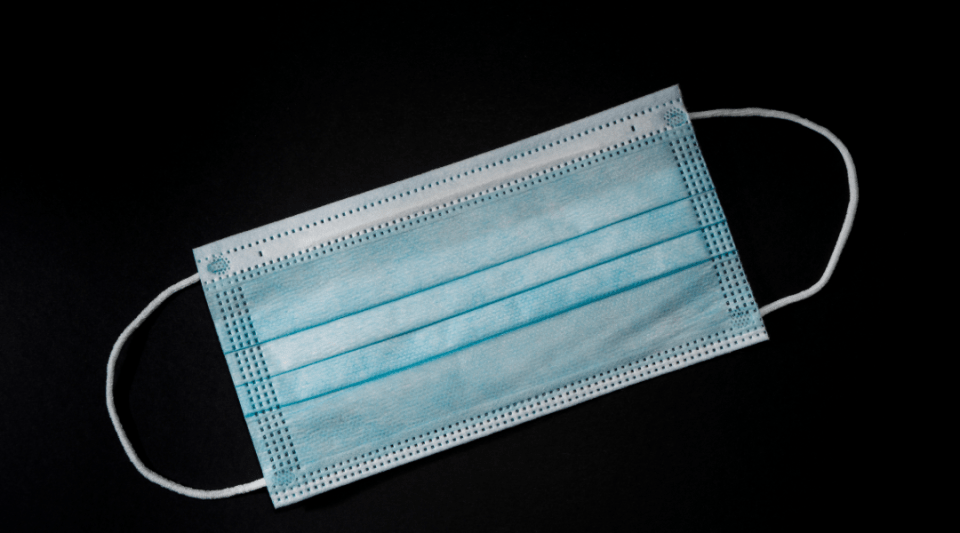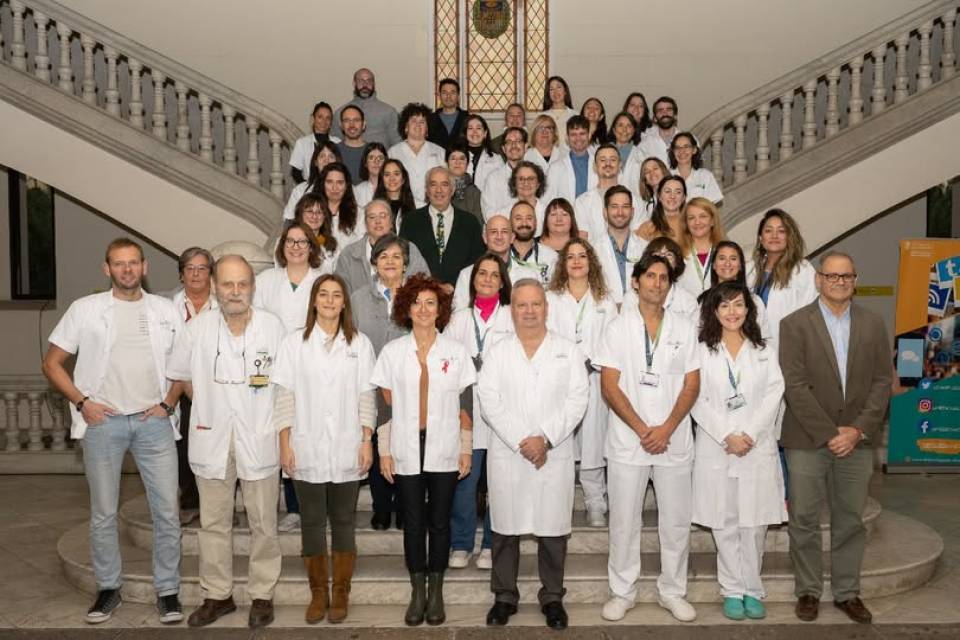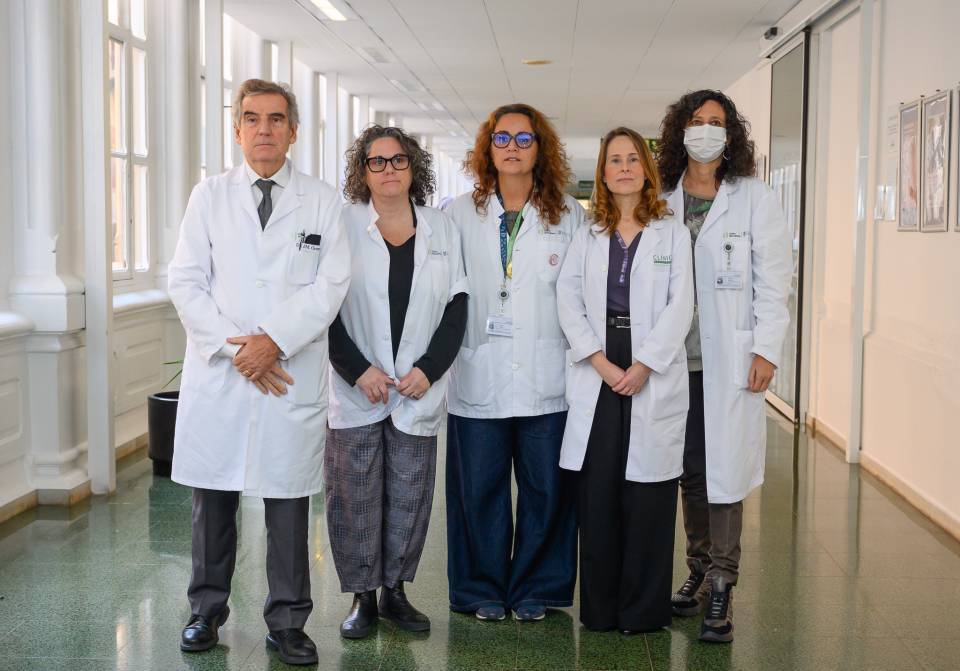The Neurosurgery Service is led by Dr. Joaquim Enseñat and is made up of a multidisciplinary team of internationally and nationally renowned prestigious professionals, who study and carry out surgical procedures to treat neurological diseases. Last year, the Service performed 1,015 surgeries.
The Service now has two operating theatres, one of them hybrid, which allows for both endovascular and microsurgical treatment. Both operating theatres have integrated neuronavigation systems with intraoperative imaging systems using 3D fluoroscopy. This makes it one of the most modern operating theatres in Europe. Thanks to this technology, the surgeon can tell whether the procedure has been effective and to what extent, and can thus avoid the patient having more operations in the future. Moreover, neuronavigation allows for the advance planning of surgery and the transfer of this planning to the operating theatre. It also allows for the creation of 3D images of the brain during the operation and the location of lesions or the area that is being operated on at all times.
On the one hand, the new hybrid operating theatre allows professionals to have and to work with the images obtained inside the operating theatre, making the entire process safer and quicker. In this operating theatre, skull base surgeries are carried out, among other things, and spine surgeries for the insertion of spinal stabilization devices. Functional neurosurgery can also be carried out in the new operating theatre.
Moreover, recently, surgeries have begun to be performed using the new neuromate® robotic arm made by the Renishaw company. This new robotic support allows for the very precise implantation of devices (such as electrodes or catheters) in deep areas of the brain, and is used for functional neurosurgery and to treat epilepsy, Parkinson’s disease, psychiatric disorders and neuropathic pain. At the same time, the robot allows a tumour biopsy to be performed safely, precisely and more quickly. These procedures allow for a detailed preparation of the surgical plan in advance, with the advantages inherent to a comprehensive preparation. Technology has advanced significantly in the field of neurosurgery, both in terms of computerised planning and guidance tools, and the possibility of obtaining images of the patient during surgery. The new techniques offer the possibility of treating patients with neurological or psychiatric disorders who previously did not have this option, and increase the efficiency and safety of this type of intervention.
According to Dr. Joaquim Enseñat, head of the Neurosurgery Service, “the commitment to innovation is clear, with the sole aim of improving the patients' quality of life. We went to be more efficient and more precise and we are fully committed to robotic surgery in this type of surgery".




